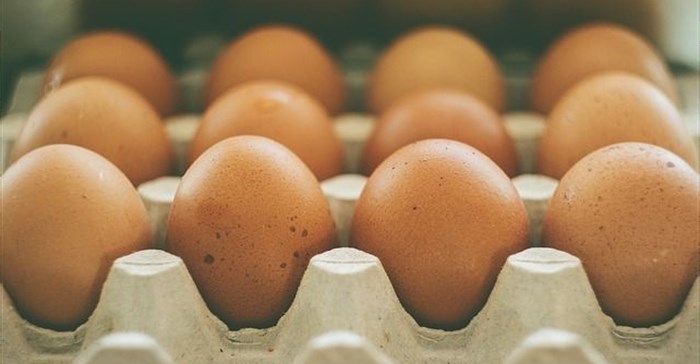Due to the avian influenza outbreak that hit the poultry industry as it was starting to recover from drought - which saw many commercial and particularly small farmers struggling to keep up with the increase in the price of feed - the price of eggs is set to increase further. This after a significant jump in the past few months.
Paul Makube, senior agricultural economist at FNB Business says: “The increase in egg prices is subject to demand and supply dynamics with the influenza outbreak having a major influence on the recent spike. The impact on prices has been more pronounced in the Western Cape due to the culling of layer hens and the subsequent supply shortages on the region’s shelves.”
According to the latest data from Statistics South Africa (StatsSA), the price of eggs increased by 8.5% year-on-year (y/y) during October 2017. This trend is likely to continue in the short to medium term as supply shortages are likely to last up to a year.
Supply down, demand remains unchanged
The impact on South Africa’s consumer is likely to see egg prices increase in the range of 15% to 20% in the next few months. The industry has already recorded a 12% y/y decrease in the average weekly egg production during September 2017, according to the SA Poultry Association (SAPA). The cost of egg distribution is also likely to increase following the recent fuel hike which will eventually be passed on to the consumer.
Demand will, however, not change very dramatically with per capita consumption remaining around 7.9kg per person per year.
Makube says the downstream impact is that retailers will be selling eggs at higher prices this festive season, therefore, consumers will pay more for a tray of eggs.
The upside
“The upside is that the price increase will help producers to recoup losses as they are still servicing debt incurred during the last drought. It will further place them in a better position to repopulate and increase their production which will eventually benefit the consumer in terms of an affordable source of protein,” adds Makube.
The relatively lower maize prices will continue to improve the profitability of the sector in terms of low feeding costs. Maize prices have fallen by 53% and 38% from last year to R1,879/ton and R1,827/ton respectively for white and yellow maize.
Makube says there is a limited upside for maize prices given the favourable weather outlook in the season ahead. “Hopefully, they will pass on the benefit to the consumer towards the end of 2018 given that recovery may take up to a year, and staples such as eggs will start decreasing in price.”






























